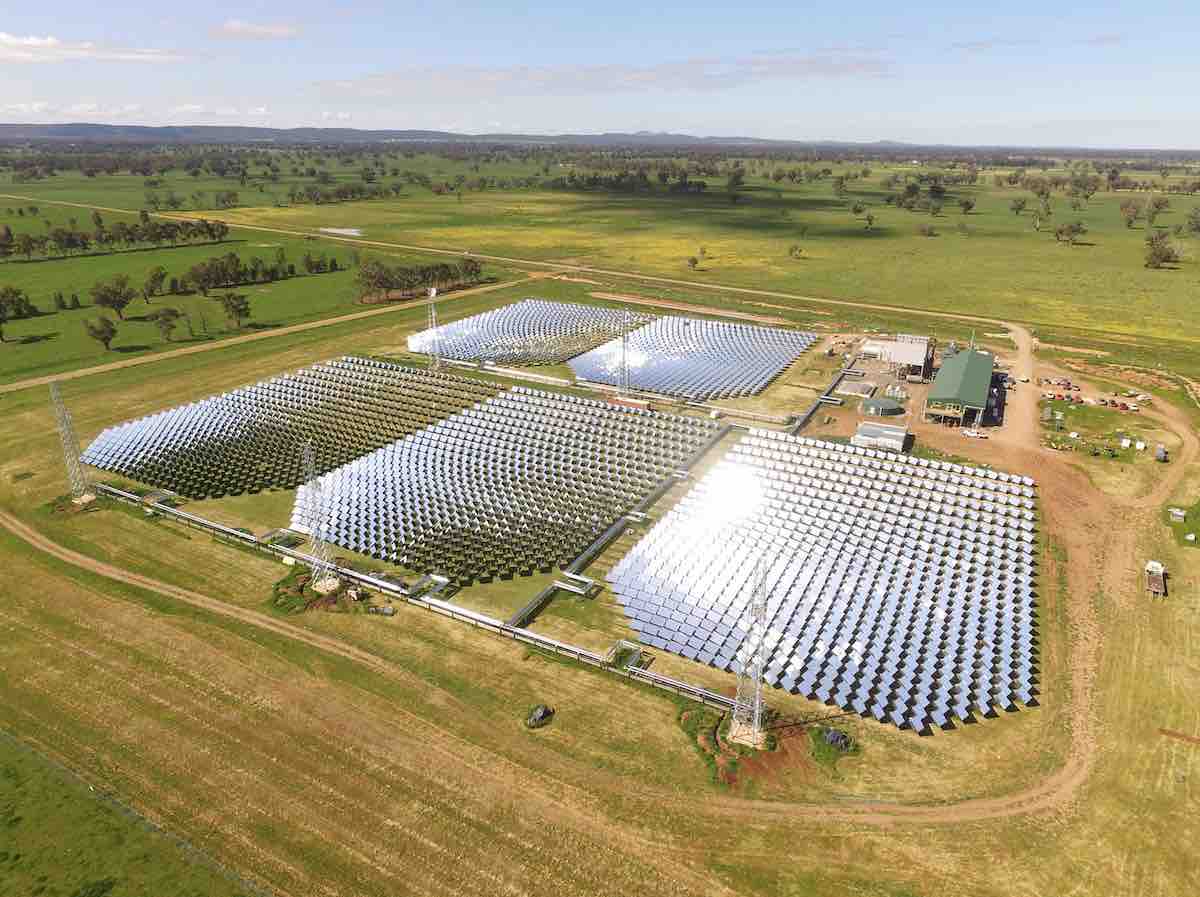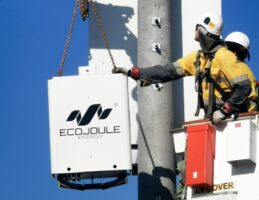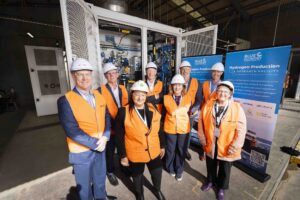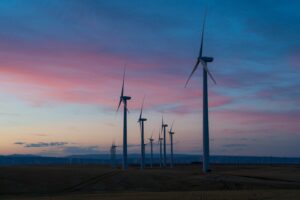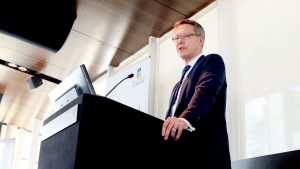Plans to build a solar thermal power plant in Port Augusta are back on the table, after local outfit Vast Solar was awarded federal government backing to build a 20MW project with 12 hours of storage near the South Australian city.
The $110 million in finance for the proposed concentrated solar thermal power plant was announced on Friday by federal energy minister Angus Taylor as part of a spree of pre-election funding announcements, including for hydrogen and CCS projects.
The money for the project, which RenewEconomy understands to be budgeted, appears to be a happy return of the $110 million set aside in March 2017 by the then Turnbull government to help finance an unspecified CSP project, in a deal struck with the Nick Xenophon Party.
At that time, the tender for the concessional loan deal was awarded to US outfit SolarReserve, whose $750 million Aurora solar tower with molten salt storage was to deliver 150MW of capacity and eight hours of storage.
That project was abandoned by SolarReserve two years later, however, when the company revealed it had been unable to raise finance – even despite the financial support package.
Now, five years after competing for and missing out on the 2017 tender for the Port Augusta CSP project, Vast has another shot at making it happen.
Vast says the project will feature the same modular tower CSP technology that the company has successfully demonstrated at Jemalong in New South Wales. It uses sodium as the heat transfer fluid.
CEO Craig Wood says the “world-leading facility” will produce the sort of dispatchable renewable electricity that has been a goal of the Morrison government’s Technology Investment Roadmap.
Wood says CSP technology, which is yet to gain a foothold in the Australian market, is really one of two established technologies – alongside pumped hydro – that can offer the sort of relaible long-duration energy storage that will be critical for a renewable energy grid.
“The technology works, it is providing bulk overnight energy and grid stability in markets around the world, basically everywhere except Australia,” Wood told RenewEconomy on Friday.
“[For] a whole series of reasons… we don’t have an understanding in this market of what CSP is able to do.”
Wood last week told RenewEconomy that the adoption of Doosan Škoda Power turbines with a clutch could improve the economics of Vast’s solar thermal technology by competing in the grid services market, while also helping hasten the exit of the traditional providers of synchronous power, coal and gas generators.
“By the time we’ve got something established and there’s something for people to see… we’re confident this can be the catalyst for the technology to take off in Australia,” he told RenewEconomy this week.
“What’s more, the project will be the catalyst for a concentrated solar thermal technology export industry that brings jobs and billions of dollars in export revenue, and helps Australia become a clean energy superpower.”
Wood says that Port Augusta, with its position on the grid and its abundant sunshine, remains “a cracking place” to build a solar thermal plant, but that there is a bit of flexibility on the project’s exact location.
Vast’s plans, at this stage, are not connected with those of thermal energy storage hopeful 1414 Degrees, which in late 2019 bought up the Australian assets of SolarReserve, including the rights to the failed Aurora CSP project, which had secured state approvals for development.
Comments from South Australia’s newly reinstated Labor energy minister, Tom Koutsantonis, suggest the state government will be supportive of Vast’s plans for Port Augusta, and the company is hopeful that federal Labor – should it win the upcoming May election – will also be on board.
Vast Solar is currently working on a major project in the Mt Isa region, as well as other parts of the main grid and some off-grid projects. Wood says the interest from mining companies is increasing.

